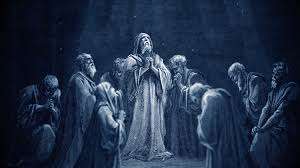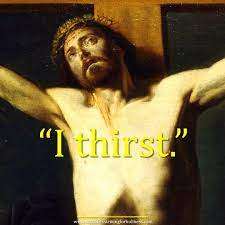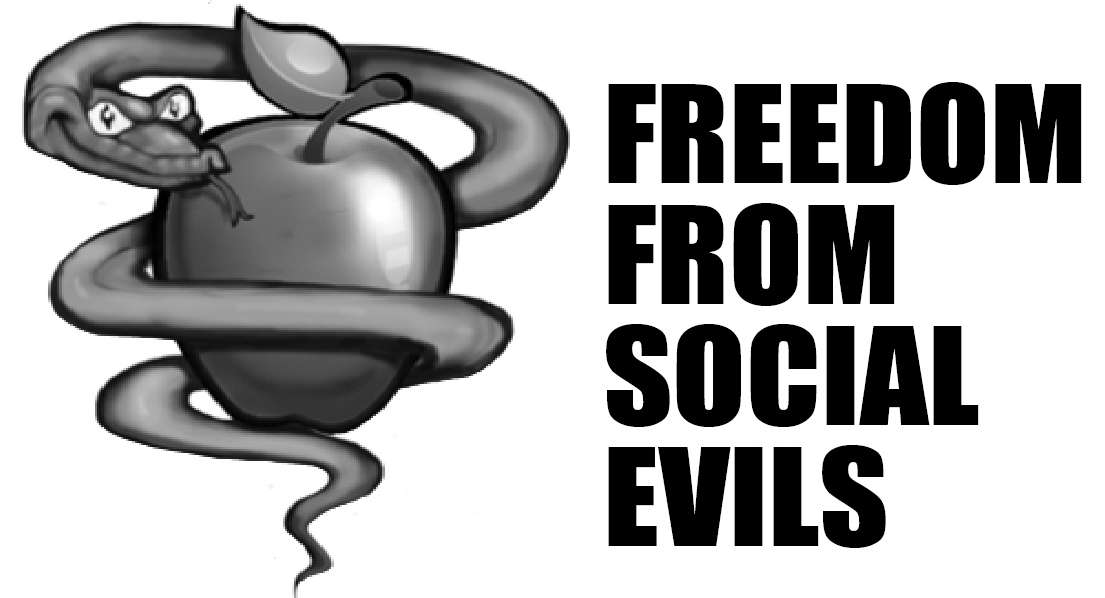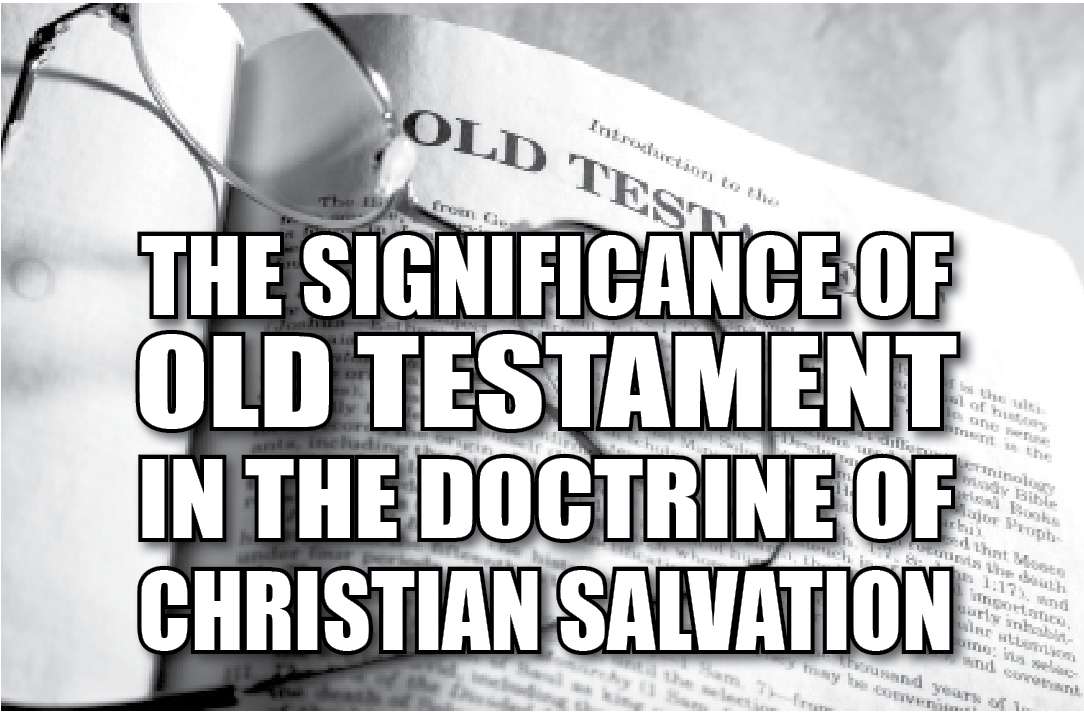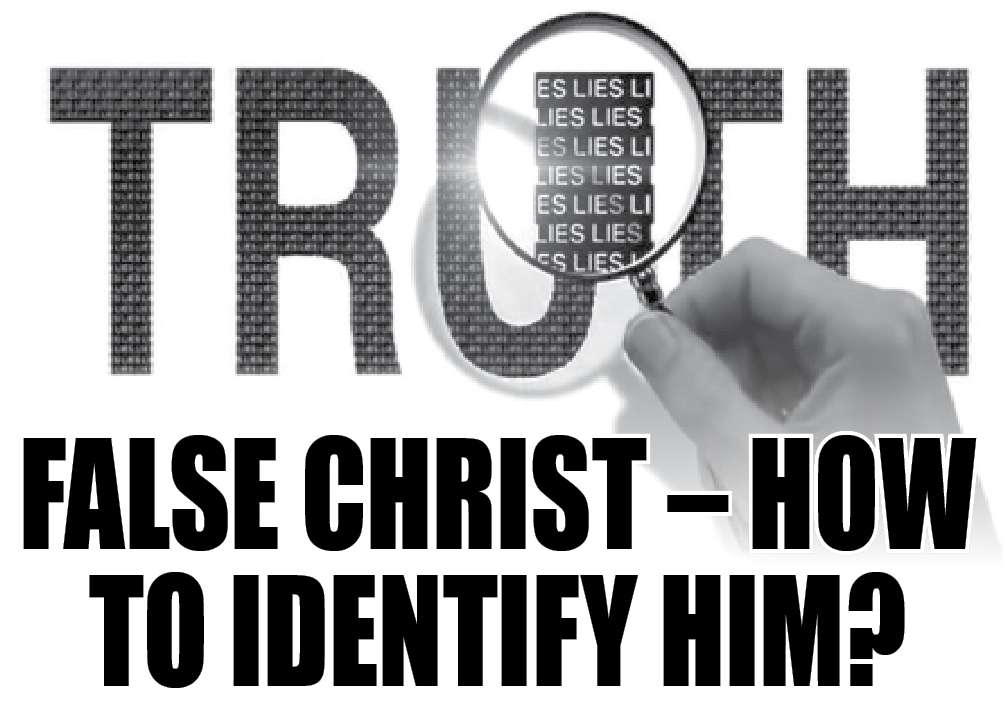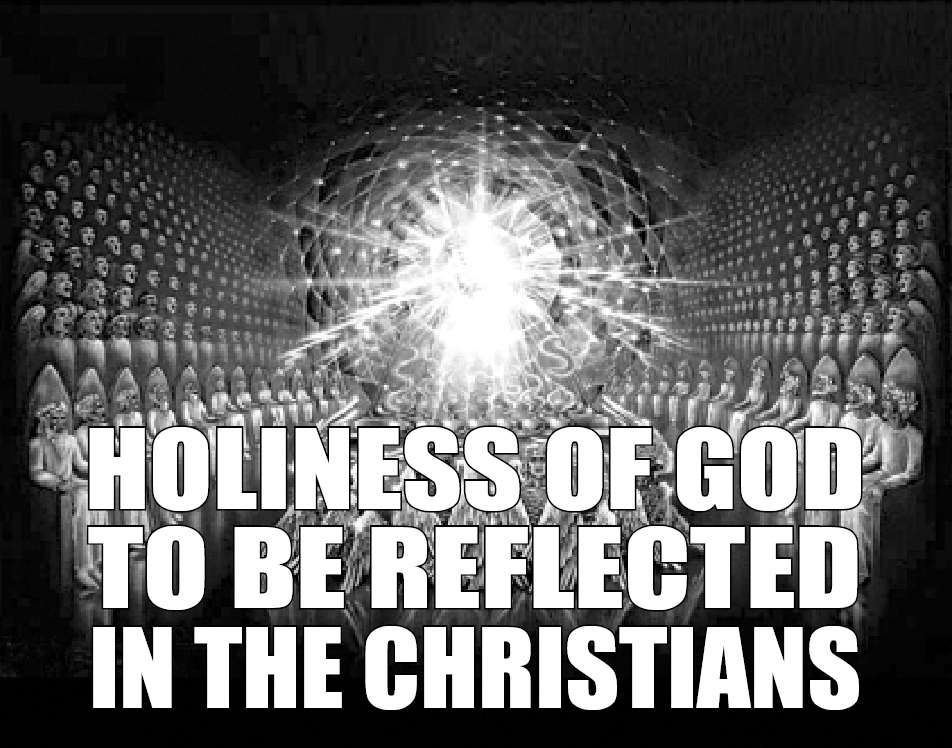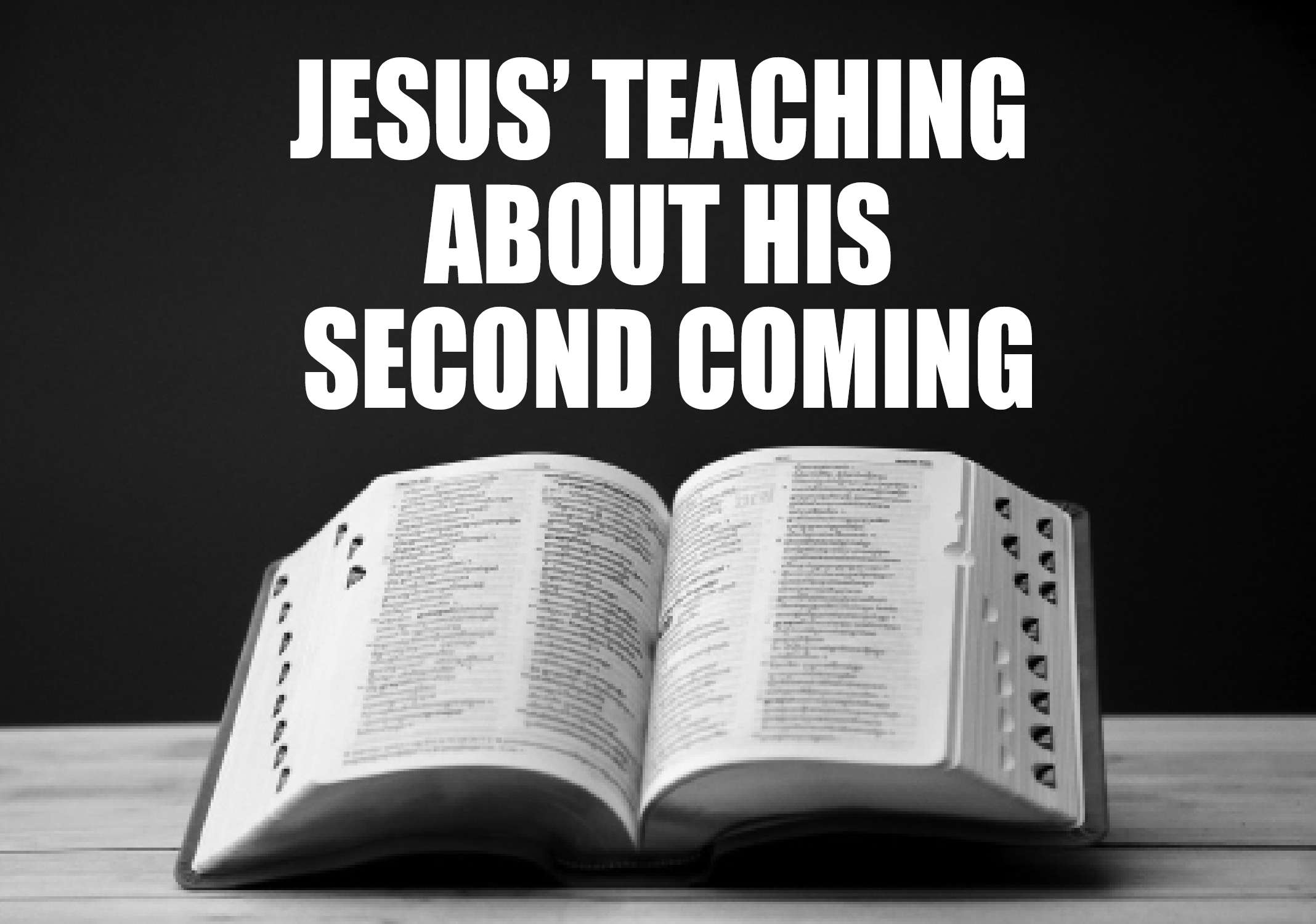
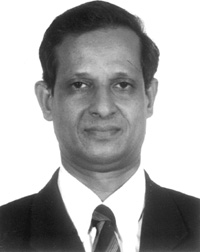
Does the Dove Replace the God?
Pr. P. T. Thomas
The present religious order or system prevailing today is
described as the dispensation of the Holy Spirit. Some describe the Old
Testament times as the Age of God the Father, the days of Jesus’ public
ministry as the Age of the Son and the post Pentecost days as the Age of the
Holy Spirit. The Bible does not attest such a classification. In every age the
Triune God is active in ministry.
The Triune God with the Israelites
During the Old Testament times, not only the Father, but
Jesus Christ and the Holy Spirit actively ministered to the Israelites. This
fact is made clear through the following passages. “They all ate the same
spiritual food and drank the same spiritual drink, for they drank from the
spiritual rock that accompanied them and that rock was Christ” (1 Cor. 10:3,
4).“Yet they (the Israelites) rebelled and grieved his Holy Spirit” (Isa. 63:10).
In his speech, Stephen the first Christian martyr accused his people “…You are just
like your fathers. You always resist the Holy Spirit” (Acts. 7:51).
Jesus’ Ministry
During Jesus’ ministry too, the Triune God was active in
ministry. Jesus repeatedly made it clear that the Father was with Him in all
that He did (John 8:16; 14:10). Notice Jesus’ words: “My Father is always at
His work to this very day, and I too am working” (John 5:17). It was in the
Holy Spirit that Jesus ministered (Matt. 12:20). Jesus offered Himself as the
perfect sacrifice through the Holy Spirit (Heb. 9:14).
What about the present age of grace? Even today the role of
the Triune God is active in Christian ministry.How then can we restrict this
period as only the dispensation of the Holy Spirit? True, the ministry of the
Holy Spirit is most conspicuously experienced and reported in the present era
then in the earlier ages. Yet, it does not mean that the other two
personalities in the Triune God are inactive today.
Indwelt by the Triune God
The Bible teaches that the three personalities in the Triune
God are independent in ministry and d e p e n d e n t i n existence. Just as the
Holy Spirit indwells us the Father and the Son too indwell us. Jesus said: “If anyone
loves me, he will obey my teaching. My Father will love him, and we will come
to him and make our home with him” (John 14:23). In Ephesians 3:17, we read:
“so that Christ may dwell in your hearts through faith.” Again in Ephesians
4:6, we read: “one God and Father of all, who is over all and through all and
in all”. And the Corinthian passage is very familiar to all: “Do you not know that
your body is a temple of the Holy Spirit, who is in you” (1 Cor. 6:19). The quoted
passages make it very clear that the Triune God indwells a believer.
Handle with Care!
Ignoring this clear reality we give more importance to the
ministry of the Holy Spirit. Of course, we can in no way overemphasize the
ministry of any of the three personalities in the holy Trinity. But over emphasizing
one at the risk of ignoring the ministry of the other two personalities will
lead to a lop-sided theology. This will result in cult-like ideologies. The proponents
of cults may be well-meaning, good people who over-emphasize one aspect of
Bible theology ignoring other aspects.
One who deals with perfect things has to be extremely
careful. Even slight variations can cause serious damages. The human body can
be taken as an example for this. Our bodies are ‘fearfully and wonderfully
made’ (Psa. 139:14). Its design is perfect and above the scope of any
improvement. Even a slight change in the nervous system will result in serious
health problems. More perfect than the human body is the format and message of
the Scriptures. Thus the need to be extremely careful when we deal with Biblical
truths. Otherwise we many endanger our own eternity and that of others we
minister to (1 Tim. 4:16).
Transforming Power
The Holy Spirit to some is almost a synonym of power. Hence,
the popular concept that the Holy Spirit is more centered around power rather
than any a spiritual virtue. Miracles, wonders, big exploits and such that
considered the major work of the Holy Spirit. It is indeed true that Jesus said
to His disciples: ‘When the Holy Spirit comes on you, you will receive power’
(Acts. 1:8). The Holy Spirit empowers one to be witnesses of the saving grace
of Jesus Christ. The Holy Spirit will transform a person just as it did in the
New Testament times – it transformed the poor fisher folk of Galilee into
stable teachers and bold evangelists. The power of the Holy Spirit is manifested
in the transformed people, rather than in miracles.
The Person or the Image?
Another major flaw in our concept of the Holy Spirit is
dwelling on the images rather than on the person of the Holy Spirit. This is where
the episcopal churches too have gone wrong. Anointing oil is a Biblical image
of the Holy Spirit. So they prepare anointing oil and smear the forehead with
it and conclude that the Holy Spirit has anointed them. The baptism of the Holy
Spirit is marked by speaking in tongues (glossolalia) now we make every attempt
to lead people into an ecstatic state and prompt them to utter any sound they
feel lead to do. Once a person does it, he is declared baptized in the Holy
Spirit. The transforming power of the indwelling person of the Holy Spirit is
ignored. The person is replaced by the images. Speaking in tongues should not be
discouraged. But it should not be made a substitute to the transforming
ministry of the Holy Spirit.
Unless we stick to the correct Biblical teaching about the
Holy Spirit, we will be betraying the generation of our children (Ps. 73:15).






